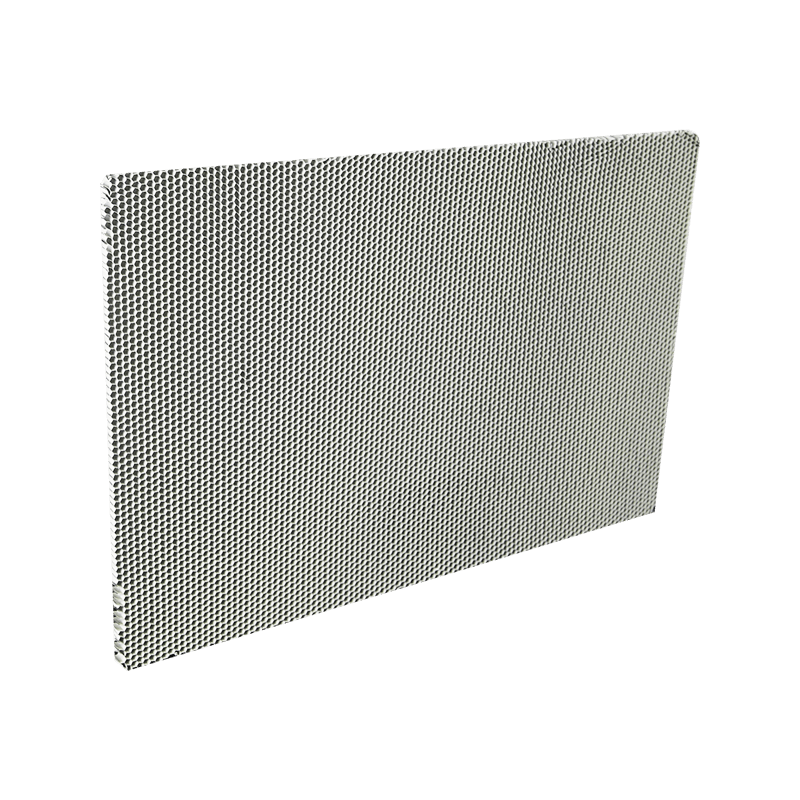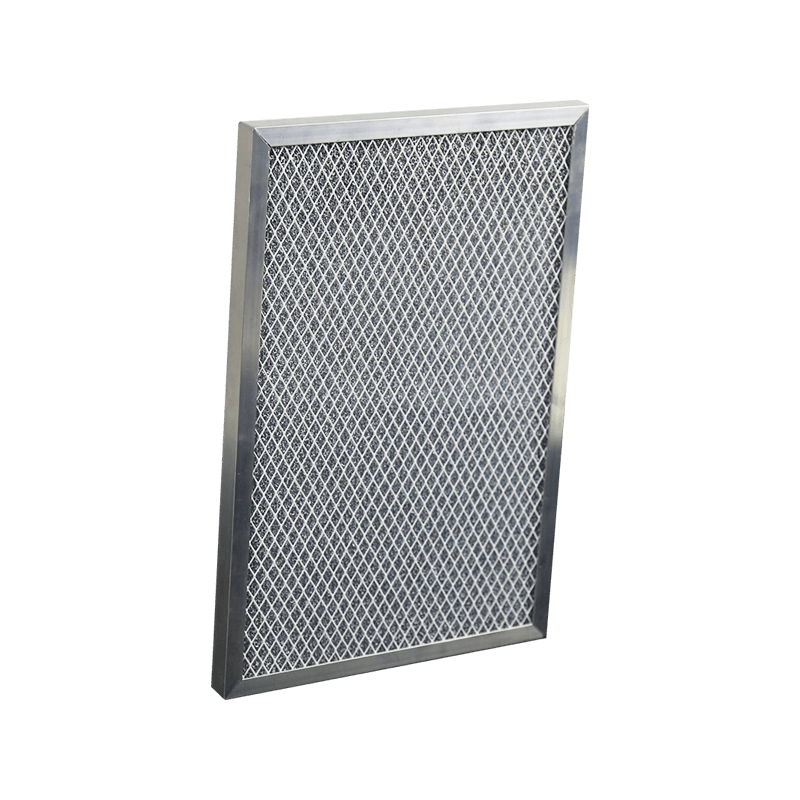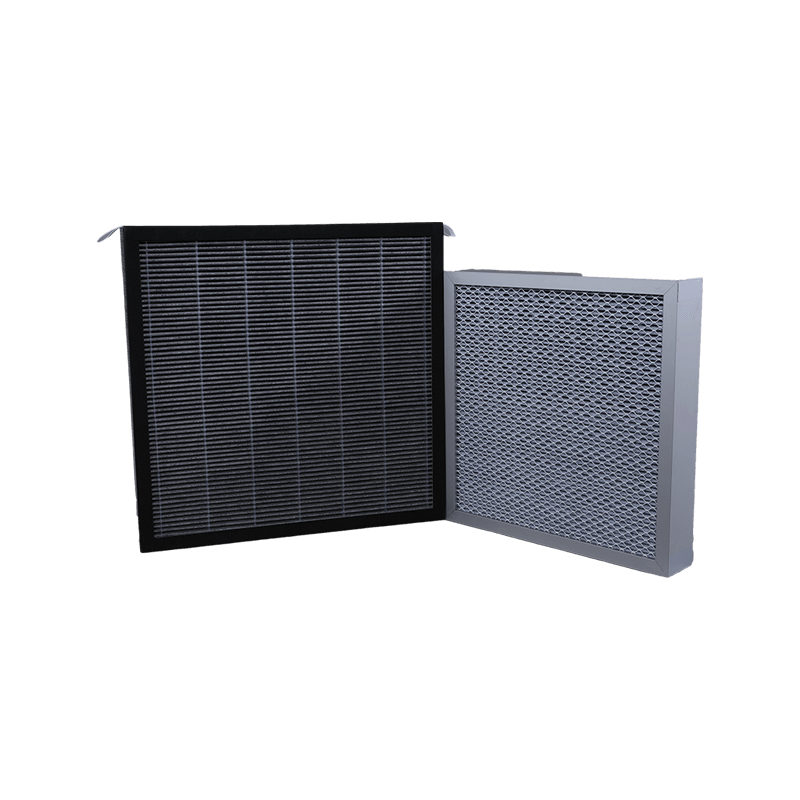What are the consequences of using a TVOC removal air filter under conditions that exceed the filter's design load?Using a
TVOC removal air filter under conditions that exceed the filter's design load may result in the following consequences:
1. Performance degradation: The adsorption capacity of the filter may decrease rapidly, resulting in poor TVOC removal effect.
2. Shortened lifespan: Filters may reach saturation faster and need to be replaced more frequently.
3. System overload: If the filter cannot handle too many pollutants, it may cause the entire air purification system to be overloaded, affecting its normal operation.
4. Secondary pollution: When the filter reaches a saturated state, it may not be able to continue to adsorb new pollutants, and may even release previously adsorbed pollutants, causing secondary pollution.
5. Equipment damage: Long-term overload operation may cause damage to the filter or related equipment, requiring repair or replacement.
6. Increased energy consumption: Filters working under overload conditions may increase the energy consumption of the air purification system.
7. Health risks: If TVOC removal is not effective, indoor air quality may deteriorate, posing risks to the health of occupants.
8. Reduced Efficiency: A filter's efficiency may decrease over time as its adsorption capacity reaches its limit.
9. Increased noise: Overload operation may cause increased noise from the air purification system.
How to reduce the noise when TVOC removal air filter is running?To reduce the noise when the
TVOC removal air filter is running, you can try the following methods:
1. Choose a low-noise model: When shopping for an air filter, choose a model labeled with low-noise or quiet operating characteristics.
2. Optimize placement: Place the air filter away from your break or work area to reduce the impact of noise on you.
3. Use soundproofing materials: Use soundproofing materials, such as acoustic foam or soundproof curtains, around the air filter to reduce the spread of noise.
4. Regular maintenance: Make sure the air filter fan and motor are kept in good working order, as worn or damaged parts may create additional noise.
5. Clean the filter: Clean or replace the filter regularly to maintain its optimal performance. A clogged filter can cause the fan to work harder, creating more noise.
6. Reduce fan speed: If your air filter has adjustable fan speed settings, try lowering the fan speed to reduce noise.
7. Use noise-reducing accessories: Consider using noise-reducing accessories, such as noise-reducing mats or noise-reducing covers, to reduce air filter noise.
8. Check installation: Make sure the air filter is securely installed in place to avoid vibration and noise caused by improper installation.
9. Avoid overloading: Do not use the filter beyond its design load, which may cause additional noise.

 English
English русский
русский Español
Español 简体中文
简体中文



















